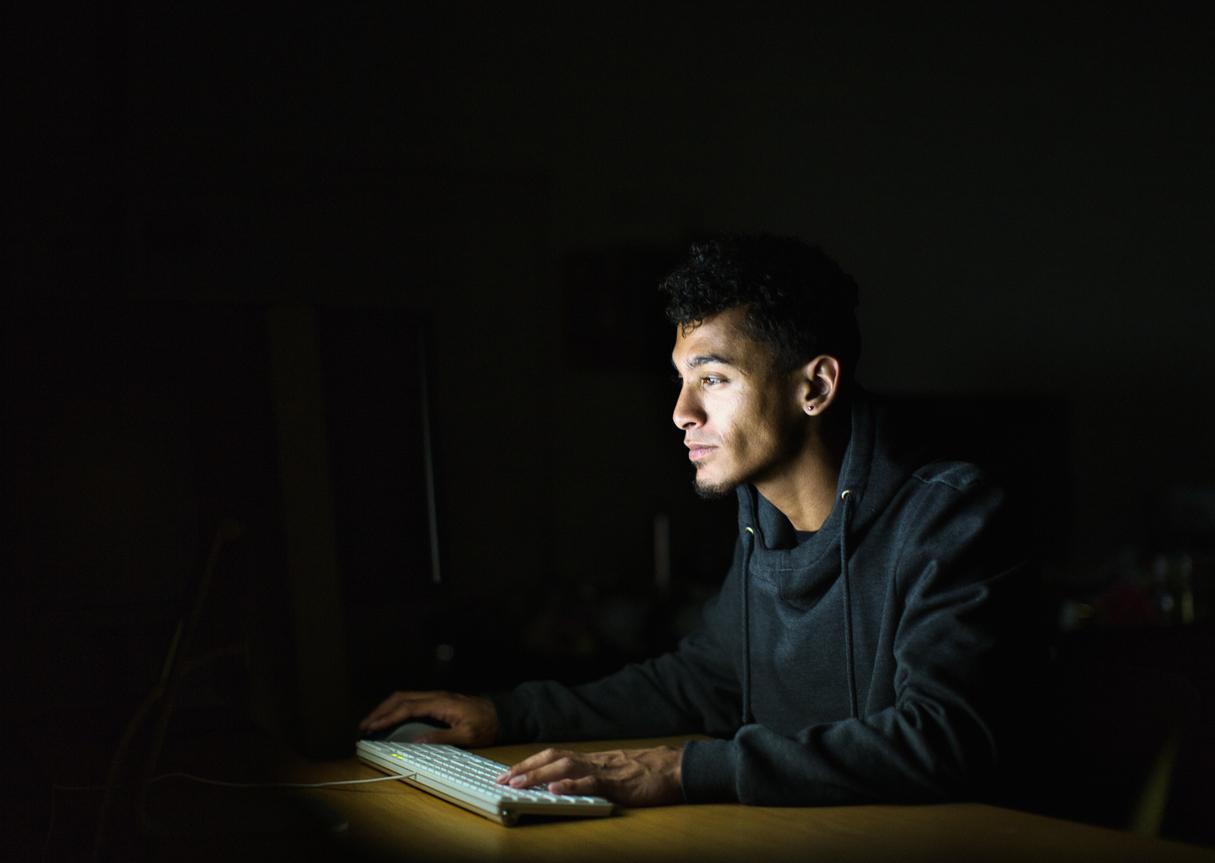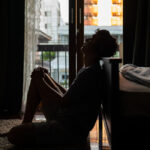Around 75% of people with migraine find that certain triggers – from smells to sleep changes – can cause a migraine attack.
However, accurately identifying common triggers can be difficult. Research on migraine triggers involves people remembering the conditions before their migraine attack — what they ate, whether they felt stressed or how hot it was outside.
These factors can be influenced by personal experience and opinion. People can also confuse their prodrome symptoms (what you experience in the days leading up to a migraine attack) for triggers.
For example, you can experience sensitivity to light or neck pain, and believe it to be a trigger when it’s actually a migraine symptom.
Despite this, figuring out if there are things that set off your migraine attacks can help you prevent one, or reduce its severity. And being aware of the common migraine triggers that affect a large number of people living with the condition can help you find your own.
If you’re experiencing migraine, keep track of when you get a migraine attack and the conditions before it starts. Chat with your doctor about any patterns you notice.
1. Stress
Whether it’s a busy day at work, financial worries or just bad traffic — stress can set off migraine symptoms in around four out of five people. This can become a tough cycle with pain causing more stress and stress triggering more migraine attacks.
Some people also experience a migraine attack when relaxing after a period of stress. Stress isn’t always avoidable but techniques like meditation, breathing exercises and physical activity can help manage it.
Working with a psychologist can also help you reframe stress and learn healthy coping habits.
2. Light
Photophobia or photosensitivity are terms used to describe extreme sensitivity to light, and many people experience it during a migraine attack. Light — whether it’s fluorescent, flickering, from the sun or a screen — can also trigger a migraine attack in some people.
Designing your home environment to avoid triggering lighting is relatively straightforward but if you’re spending a lot of time in the office it’s worth chatting to your workplace to see if you can make changes there too.
3. Sleep
Poor sleep is associated with more frequent and severe migraine. Unfortunately, the relationship between sleep deprivation and migraines goes both ways — sleep disturbances can trigger migraine attacks, but migraines can also negatively impact sleep.
And it’s not just a lack of sleep that increases your risk of a migraine attack, oversleeping can also be a trigger for some people.
Good sleep hygiene can help ensure you get between seven and nine hours of quality sleep each night.
Good habits include maintaining a consistent sleep routine, limiting caffeine later in the day, avoiding screens before bed, keeping your environment as dark as possible and reducing alcohol consumption and smoking.
4. Food
Certain foods and eating habits can set off a migraine attack. The most reported dietary triggers of migraine include chocolate, cheese, coffee or other caffeinated drinks, nuts, citrus fruits, processed meats, additives such as monosodium glutamate (MSG) and aspartame (an artificial sweetener), fatty or salty foods and alcohol (usually red wine and beer) but the evidence linking these triggers with migraine is weak.
If you suspect a certain food may be the cause of your headaches, you can try an elimination diet (with the help of a doctor or dietitian). Some people also find that skipping meals can trigger a migraine attack.
5. Medication
Pain relief seems like a no-brainer when it comes to managing migraine, but unfortunately overdoing it can make things worse. Regularly taking pain medicine can sometimes cause more frequent or severe migraine attacks that are harder to treat.
This is called medication overuse headache. Chat with your doctor to understand safe medication dosages and alternative treatment options.
6. Weather changes
Evidence is mixed when it comes to migraine and the weather, but some research suggests barometric pressure changes, higher humidity and rainfall are associated with more frequent migraine attacks.
Whatever the case, there’s no controlling the weather.
If you find certain conditions set you off, you might need to keep an eye on the forecast and adjust your schedule accordingly.
7. Dehydration
Dehydration is caused by not drinking enough fluids or losing more than you’re getting in, and some people find it can trigger a migraine attack. Hydrate when you’re thirsty, especially if the weather is hot or you’re exercising a lot.
This should mostly be water, but can also include tea, juice, milk and other fluids.
Keeping an eye on the colour of your wee is an easy way to tell if you’re hydrated. If it’s darker than a pale yellow or straw colour, you probably need to drink more water.
8. Smells
Whether it’s a strong perfume, cigarette smoke or certain cleaning products — osmophobia (a sensitivity to smell) might trigger or worsen migraine attacks.
You can only do so much to avoid certain smells but sometimes it’s worth having an uncomfortable conversation with someone who might be wearing something that sets you off.













